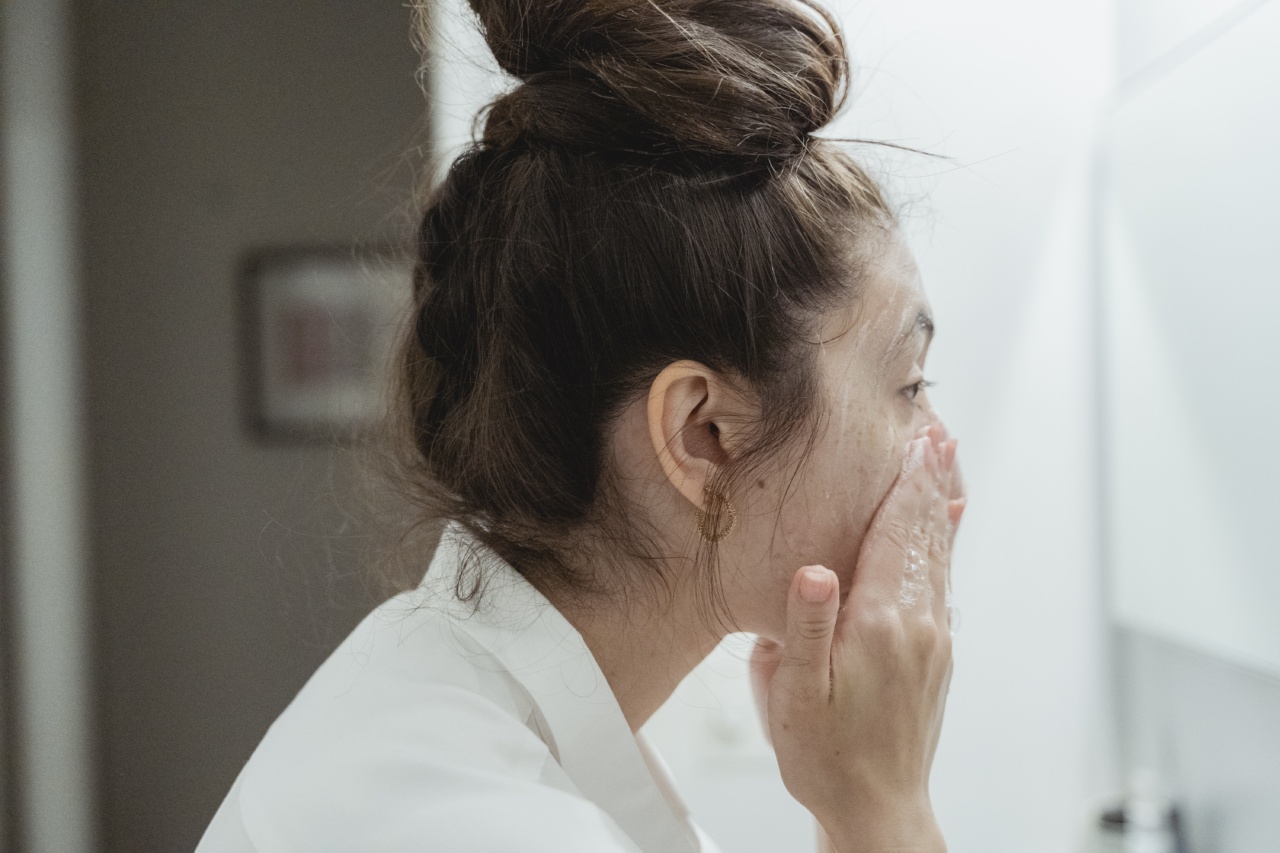Washing your face is an essential part of any skincare routine. It helps to remove dirt, oil, and impurities that can clog pores and lead to breakouts.
However, many people unknowingly make mistakes when washing their face, which can have a negative impact on their skin. In this article, we will discuss some common mistakes to avoid when washing your face and provide you with tips on how to properly cleanse your skin.
1. Using Hot Water
One of the most common mistakes people make when washing their face is using hot water. While hot water can feel relaxing, it can actually strip your skin of its natural oils, leaving it dry and irritated. Instead, opt for lukewarm water.
It is gentle enough to cleanse your skin without causing unnecessary damage.
2. Over-Washing
Washing your face twice a day is generally recommended, once in the morning and once before bed. However, over-washing your face can disrupt your skin’s natural barrier and lead to dryness and irritation.
Avoid the temptation to wash your face more frequently, as this can do more harm than good.
3. Using Harsh Cleansers
When choosing a cleanser, it is important to opt for one that is gentle and suitable for your skin type. Harsh cleansers can strip your skin of its natural moisture and disrupt its pH balance.
Look for cleansers that are mild, fragrance-free, and non-comedogenic. These will effectively cleanse your skin without causing irritation.
4. Exfoliating Too Often
Exfoliation is a beneficial step in any skincare routine as it helps to remove dead skin cells and unclog pores. However, over-exfoliating can damage your skin’s protective barrier and lead to redness and sensitivity.
Limit exfoliation to once or twice a week and use gentle exfoliants that won’t cause irritation.
5. Skipping Toner
Toner is often an overlooked step in skincare routines, but it can provide numerous benefits for your skin. It helps to balance the skin’s pH level, remove any remaining impurities, and prepare the skin for better absorption of skincare products.
Incorporating a toner into your routine can help improve the overall health and appearance of your skin.
6. Using Dirty Towels
It is essential to use a clean towel every time you wash your face. Reusing dirty towels can transfer bacteria and oil back onto your skin, potentially leading to breakouts.
Opt for soft, clean towels or consider using disposable ones for hygienic purposes.
7. Rubbing Your Face Vigorously
When drying your face, avoid rubbing it vigorously with a towel. This can cause unnecessary friction, which may lead to irritation and redness. Instead, gently pat your skin dry using a soft towel or cloth.
Be gentle and take your time to avoid any damage to your delicate facial skin.
8. Neglecting Sun Protection
After washing your face, it is crucial to apply sunscreen, especially if you’ll be spending time outdoors. UV rays can damage your skin and lead to premature aging and sunburns.
Look for a broad-spectrum sunscreen with an SPF of 30 or higher and apply it generously to protect your skin from harmful UV rays.
9. Ignoring the Neck and Decolletage
When washing your face, extend the cleansing process to your neck and decolletage. These areas are often subjected to the same environmental factors as your face and deserve equal attention.
It will help maintain consistent skin quality and prevent any visible discrepancies between your face and neck.
10. Using Dirty Hands
Lastly, always wash your hands thoroughly before touching your face. Throughout the day, our hands come into contact with numerous bacteria and germs.
Touching your face with dirty hands can transfer these microorganisms onto your skin, potentially leading to infections or breakouts.





























